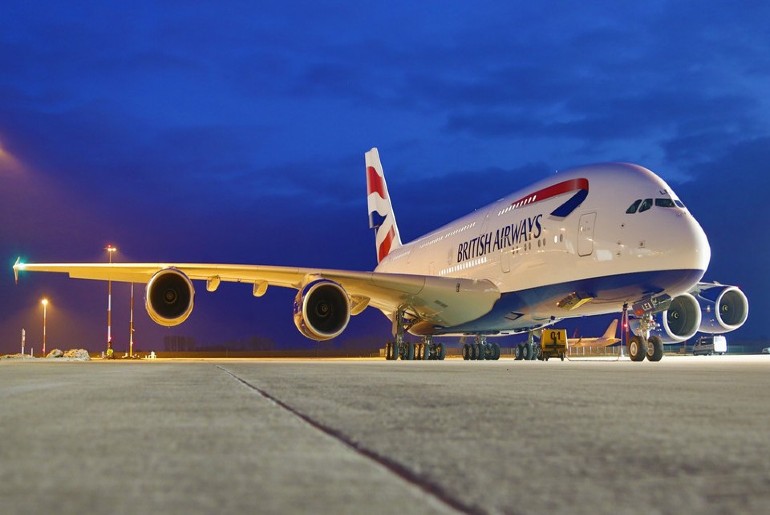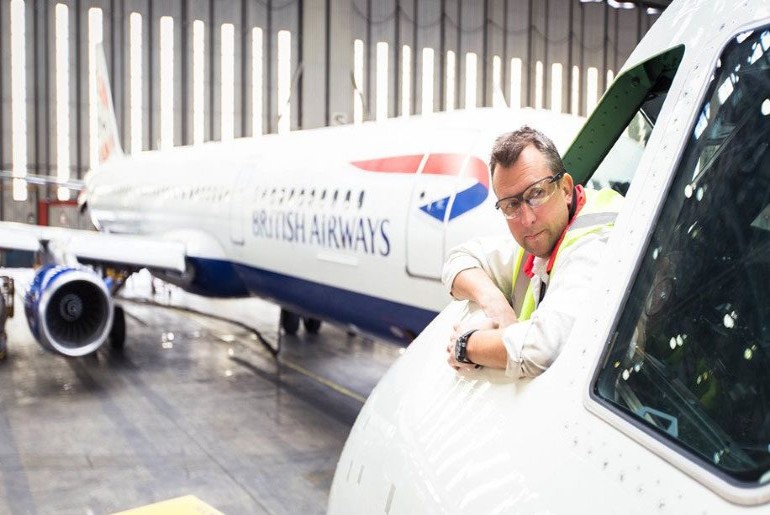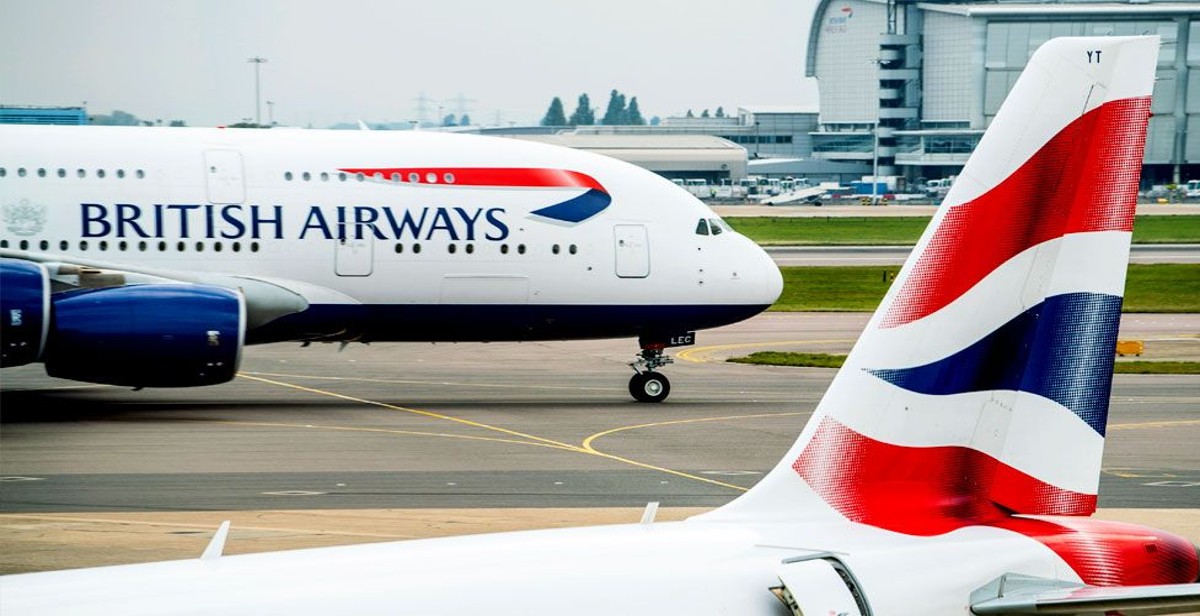British Airways will become the first airline to use sustainable aviation fuel produced on a commercial scale in the UK after signing a multi-year agreement with Phillips 66 Limited. Thousands of tonnes of sustainable aviation fuel (SAF) will be produced for the first time in the UK at the Phillips 66 Humber Refinery near Immingham and will be supplied to British Airways to power a number of its flights from early 2022. SAF is a lower carbon-intensity fuel that can be produced from renewable feedstocks such as waste vegetable oils, fats and greases.
British Airways Airline Is Driving To Achieve Net-Zero Carbon Emission By 2050
The supply agreement between British Airways and Phillips 66 Limited, a wholly-owned subsidiary of diversified energy manufacturing and logistics company Phillips 66, advances both companies’ commitments to a lower-carbon future. The airline, which is driving to achieve net-zero carbon emissions by 2050, will purchase enough sustainable fuel to reduce lifecycle CO2 emissions by almost 100,000 tonnes, the equivalent of powering 700 net-zero CO2 emissions flights between London and New York on its fuel-efficient Boeing 787 aircraft. The SAF will be produced from sustainable waste feedstock at the Humber Refinery. Which will deliver its SAF supply to British Airways via existing pipeline infrastructure that feeds directly into UK airports.

Also Read: Dubai Airshow Opened Its Gates To The Aviation Industry; Here’s Everything To Know
SAF Can Reduce Lifecycle Carbon Emissions By Over 80 Percent
This agreement marks another important step on the journey to net-zero carbon emissions and forms part of a commitment. As part of International Airlines Group, to power 10% of flights with SAF by 2030. The UK has the resources and capabilities to be a global leader in the development of SAF and scaling up the production of SAF requires a truly collaborative approach between industry and government. The development of sustainable aviation fuel is a major focus and forms part of the commitment to achieving net-zero carbon emissions by 2050 through a series of short-, medium- and long-term initiatives. The airline’s parent company, International Airlines Group (IAG), is investing USD 400 million over the next 20 years into the development of SAF. And British Airways has existing partnerships with a number of technologies. Plus fuel companies develop SAF plants and purchase the fuel. SAF can reduce lifecycle carbon emissions by over 80 per cent compared to the traditional jet fuel it replaces.

The Announcement Reflects The Importance Of The Aviation & Energy Industries
The announcement reflects the importance of the aviation and energy industries. That they are placing on sustainability. And the continued development, adoption and scaling up of sustainable aviation fuel. The Humber Refinery was the first in the UK to co-process waste oils to produce renewable fuels. Last year Phillips 66 Limited invested significantly to expand its production of fuels from waste feedstocks. The investment is part of a broader energy transition plan to reduce the carbon intensity of its refinery operations and products that support 1,000 Humber Refinery jobs.
First Published: December 07, 2021 4:30 PM



